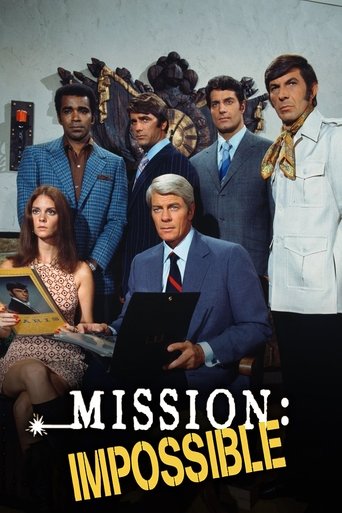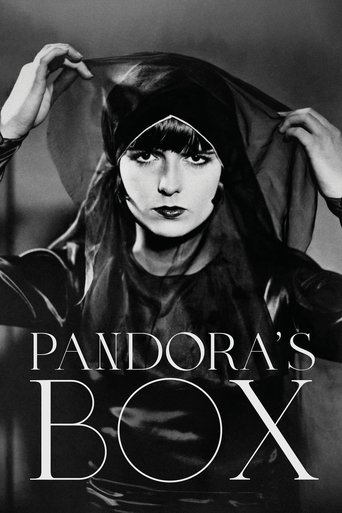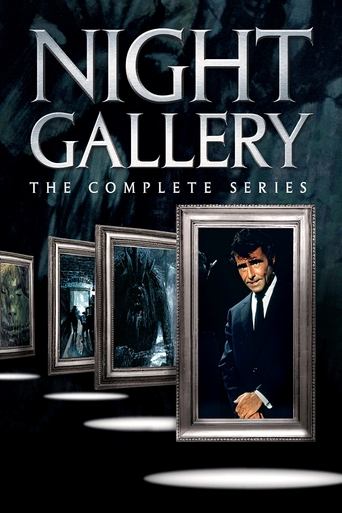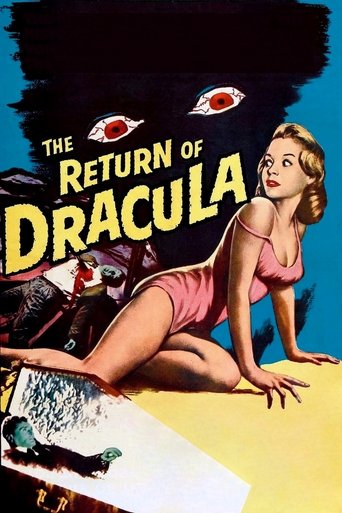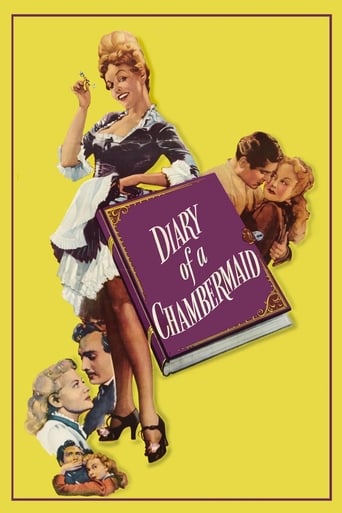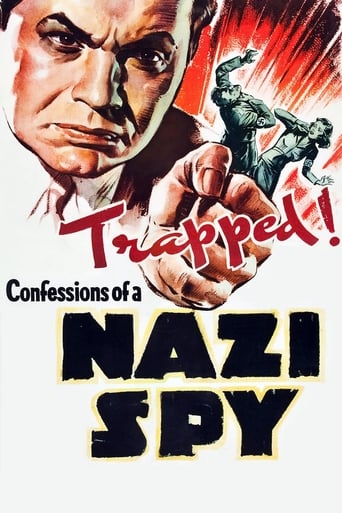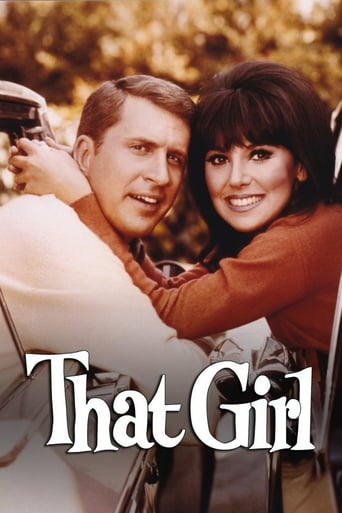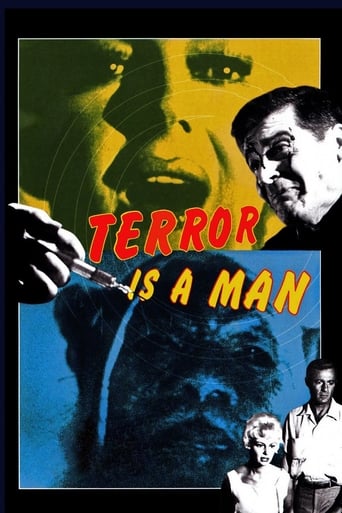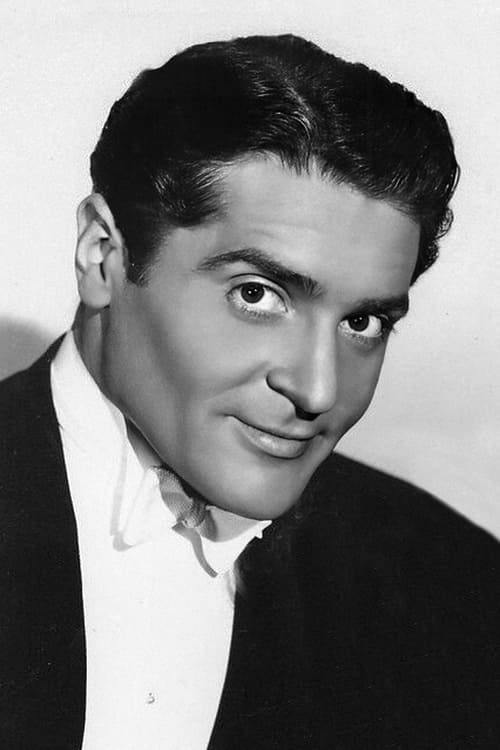
Francis Lederer
Personal Info
Known For Actor
Gender Male
Birthday 1899-11-05
Deathday 2000-05-25 (100 years old)
Place of Birth Prague, Bohemia, Austria-Hungary [now Czech Republic]
Also Known As Franz Lederer, František Lederer
Francis Lederer
Biography
From Wikipedia, the free encyclopedia. Francis Lederer (November 6, 1899 – May 25, 2000) was a Czech-born film and stage actor with a successful career, first in Europe, then in the United States. His original name was František Lederer. Lederer's first American movies were Man of Two Worlds (1934), Romance in Manhattan (1934), with Ginger Rogers, The Gay Deception (1935), with Frances Dee, and One Rainy Afternoon (1936). He was cast as the lead with Katharine Hepburn in the 1935 film Break of Hearts, but the producers replaced him with Charles Boyer. It was Irving Thalberg's plan to make Lederer "the biggest star in Hollywood" but the death of Thalberg ended this possibility. Although he continued to play leads occasionally – notably when he was a playboy in Mitchell Leisen's Midnight with Claudette Colbert and John Barrymore in 1939 – in the late 1930s Lederer began to expand his character parts, even playing villains. Edward G. Robinson praised Lederer's performance as a German American Bundist in Confessions of a Nazi Spy in 1939, and he earned plaudits for his portrayal of a fascist in The Man I Married (1940) with Joan Bennett. He also played Count Dracula for The Return of Dracula in 1958. Throughout his career, Lederer, who studied with Elia Kazan at the Actors Studio in New York City, continued to take stage acting seriously, and he performed often both in New York and elsewhere. He appeared in stage productions of Golden Boy (1937), Seventh Heaven (1939), No Time for Comedy (1939), in which he replaced Laurence Olivier, The Play's the Thing (1942), A Doll's House (1944), Arms and the Man (1950), The Sleeping Prince (1956) and The Diary of Anne Frank (1958). Although he took a break from making films in 1941, in order to concentrate on his stage work, he returned to the silver screen in 1944, appearing in Voice in the Wind and The Bridge of San Luis Rey, and in films such as Jean Renoir's The Diary of a Chambermaid (1946) and Million Dollar Weekend (1948). He took another break from Hollywood in 1950, after making Surrender (1950), and returned in 1956 with Lisbon and the light comedy The Ambassador's Daughter. His final film appearance was in Terror Is a Man in 1959. During the 1950s, he served as honorary mayor of Canoga Park. He would continue to make television appearances for the next 10 years in such shows as Sally, The Untouchables, Ben Casey, Blue Light, Mission: Impossible and That Girl. His final television appearance occurred in a 1971 episode of Rod Serling's Night Gallery called "The Devil Is Not Mocked". In it, he reprised his role as Dracula from The Return of Dracula.
Known For
Actor
as Self (archive footage)
as Self
as Self
as Count Dracula (archive footage)
as Self - Interviewee
as Senko Brobin
as Vittorio Barrini
as Dr. Jeremias Lipp
as Dr. Charles Girard
as Count Dracula
as Miguel Orlando
as Brauer
as Seraphim
as Prince Nicholas Obelski
as Claude Manelli
as Claude Manelli
as Henry Vaan
as Paul Simone
as Baron Rocco de Greffi
as Charles
as Baron
as Alan Marker
as Rene d'Arcy
as James Harlan Corbin
as Joseph
as Jan Volny / El Hombre
as Esteban / Manuel
as Prince Karl
as Eric Hoffman
as Kurt Schneider
as Jacques Picot
as Michael Lanyard
as Jimmy Barnes
as Self (uncredited)
as Count Ferdinand von und zu Reidenach
as Philippe Martin
as Self
as Sandro
as Karel Novak
as Max Christmann
as Aigo
as Fred von Wellingen
as Gerd
as Robert
as Himself
as Jan Bergwall
as Dr. Wolfgang Crusius
as Boris Borrisoff
as Peter
as Georges de Chambry
as Karl Fenn
as Lt. Michael Rostof
as Alwa Schön
as Werner Hilsoe
as Martin Falkhagen
Director
as Director
